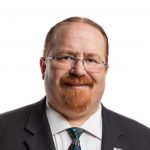People living with a Substance Use Disorder (SUD) and their families are a vulnerable population that can unfortunately be taken advantage of by unethical treatment facilities. Senate Bill 434 (SB 434), introduced by Senator Patricia Bates, “Would prohibit an operator of a licensed alcoholism or drug abuse recovery or treatment facility, a certified alcohol or other drug program, and a licensed mental health rehabilitation center, psychiatric health facility, or social rehabilitation facility, from engaging in various acts, including making a false or misleading statement about the entity’s products, goods, services, or geographical locations.” Essentially, SB 434 will not allow treatment facilities to lie, falsely advertise, or create fake internet links to advertise to prospective clients, and if they do they will face a punishment.
The bill has also come to be called “Brandon’s Law,” in memory of Brandon Nelson who died in an unlicensed treatment facility he went to in hopes of getting help for his addiction. Brandon died even though he was promised top of the line care. He was not given the proper care he was told he would receive and therefore died because of not having proper access to his medication that he needed and did not receive the attention he was promised. Senator Bates seeks to make sure no one else suffers the same fate Brandon and his family did.
“In an industry that fights stigma on a daily basis, it is critical that the programs and providers who are offering services are doing so impeccably. Lives are at stake and ethics are essential. We must hold each other accountable for upholding higher standards in our industry,” explains Chief Executive Office of Casa Palmera, Jen Carvalho. If unethical treatment facilities are not punished they will continue to hurt people, and that cannot simply cannot be allowed.
Furthermore, by lying to prospective clients, these unethical treatment facilities are easily able to engage in patient brokering by referring their patients for money. This happens by clients being lured into these treatment facilities by being promised one of a kind, great care while in reality the unethical treatment facilities only care about getting money for admitting the clients into their facilities. These practices cannot continue to stay afloat and take advantage of innocent people and their families. Passing of this legislation can significantly help with addressing online patient brokering scams.
SB 434 will also make creating fake internet links punishable. Lori Newman, Executive Director at Community Social Model Advocates Inc. speaks on just how damaging these fake links can be,
“As a treatment provider for 27- years I was appalled when I realized that my treatment program information was scrubbed without my permission to use on another website to lie and mislead those who need help. All the program information was correct except the phone number to call which was a phone number being used for another program. As a professional field we need to do better and act with integrity and a sense of ethical standards. People who are reaching out for help on the internet for their devastating substance use disorder deserve to get the help they need from the program they believe they are contacting. If we, as an industry, fail to act now on the unscrupulous practices of those entities who are falsely advertising and misleading people, someone’s son, daughter, mother, father, husband or wife will end up paying the consequences which could very well be their life.”
Practices like this are unacceptable, as people’s lives could be at stake. Someone who is trying to seek treatment should not have to worry in any type of way that they will be taken advantage of by the people and places that are supposed to be helping them. Families and friends should also not have to worry about their loved one being taken advantage of when seeking help. Anything that can be done to put a halt to as many of these unethical treatment centers and facilities as possible must be implemented. Passing of this legislation will help ensure guidelines are properly in place to ensure the well-being of patients. This bill will have any facilities engaging in these deceptive actions face fines and consequences from the Department of Health Care Services.

Pete Nielsen LAADC, SAP
Pete Nielsen is the President & Chief Executive Officer for the California Consortium of Addiction Programs and Professionals (CCAPP), CCAPP Credentialing, CCAPP Education Institute and the Behavioral Health Association of Providers (BHAP). CCAPP is the largest statewide consortium of addiction programs and professionals, and the only one representing all modalities of substance use disorder treatment programs. BHAP is the leading and unifying voice of addiction-focused treatment programs nationallly. Mr. Nielsen has worked in the substance use disorders field for 20 years. In addition to association management, he brings to the table experience as an interventionist, family recovery specialist, counselor, administrator, and educator, with positions including campus director, academic dean, and instructor.
Mr. Nielsen is the secretary of the International Certification and Reciprocity Consortium, and on the publisher for Counselormagazine. He is a nationally known speaker and writer published in numerous industry-specific magazines. Mr. Nielsen holds a Master of Arts in Counseling Psychology and a Bachelor of Science in Business Management.

